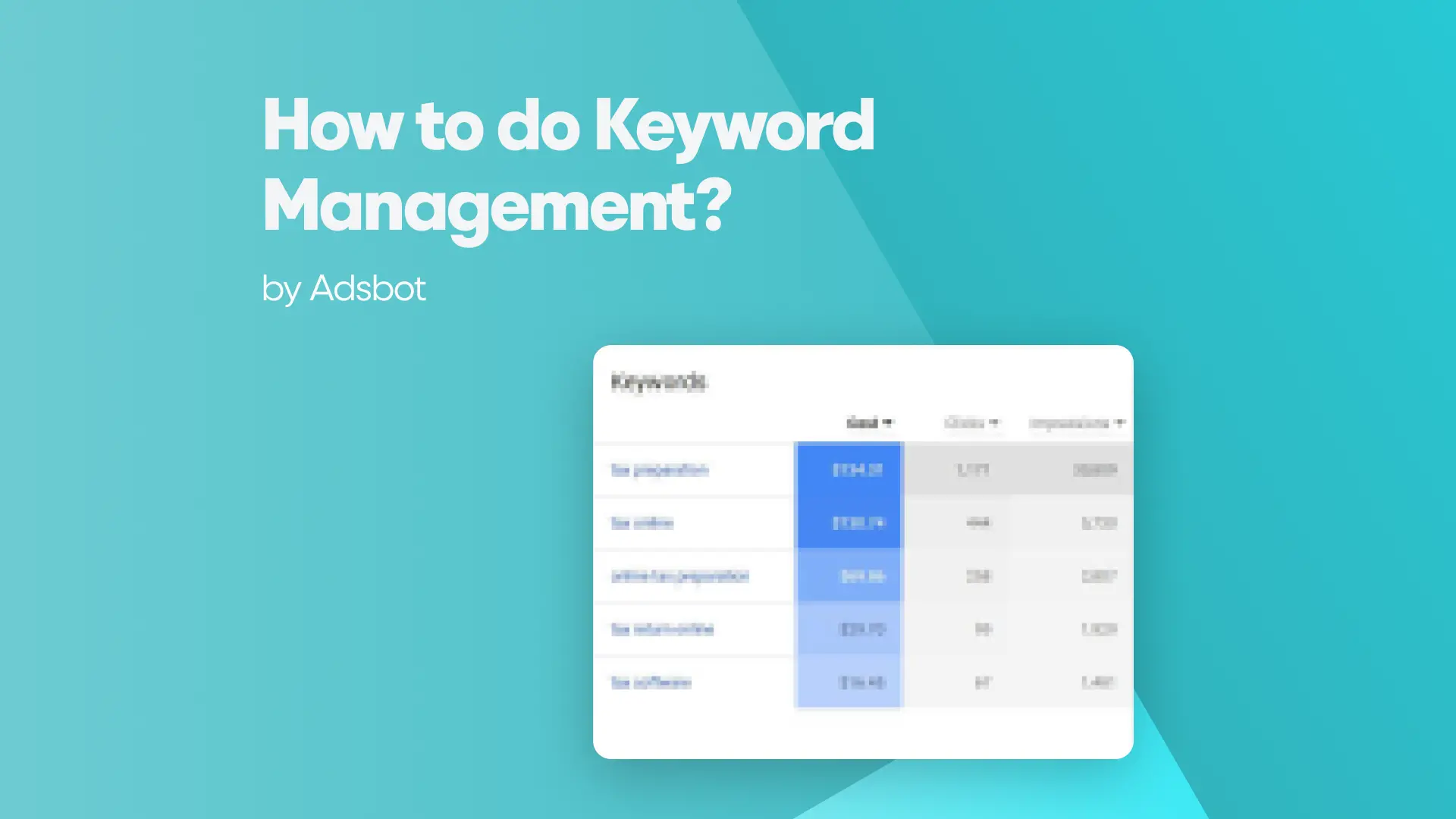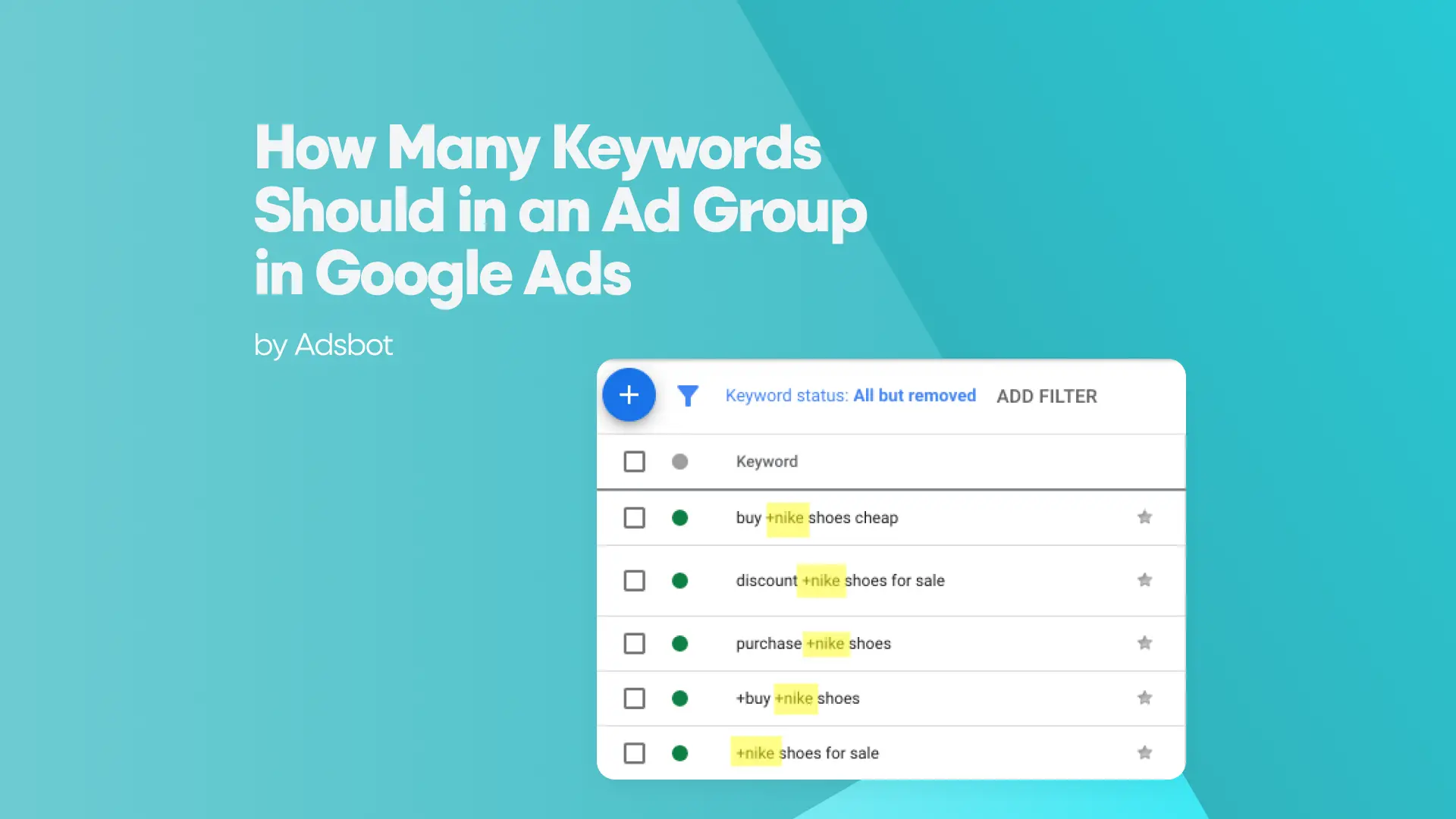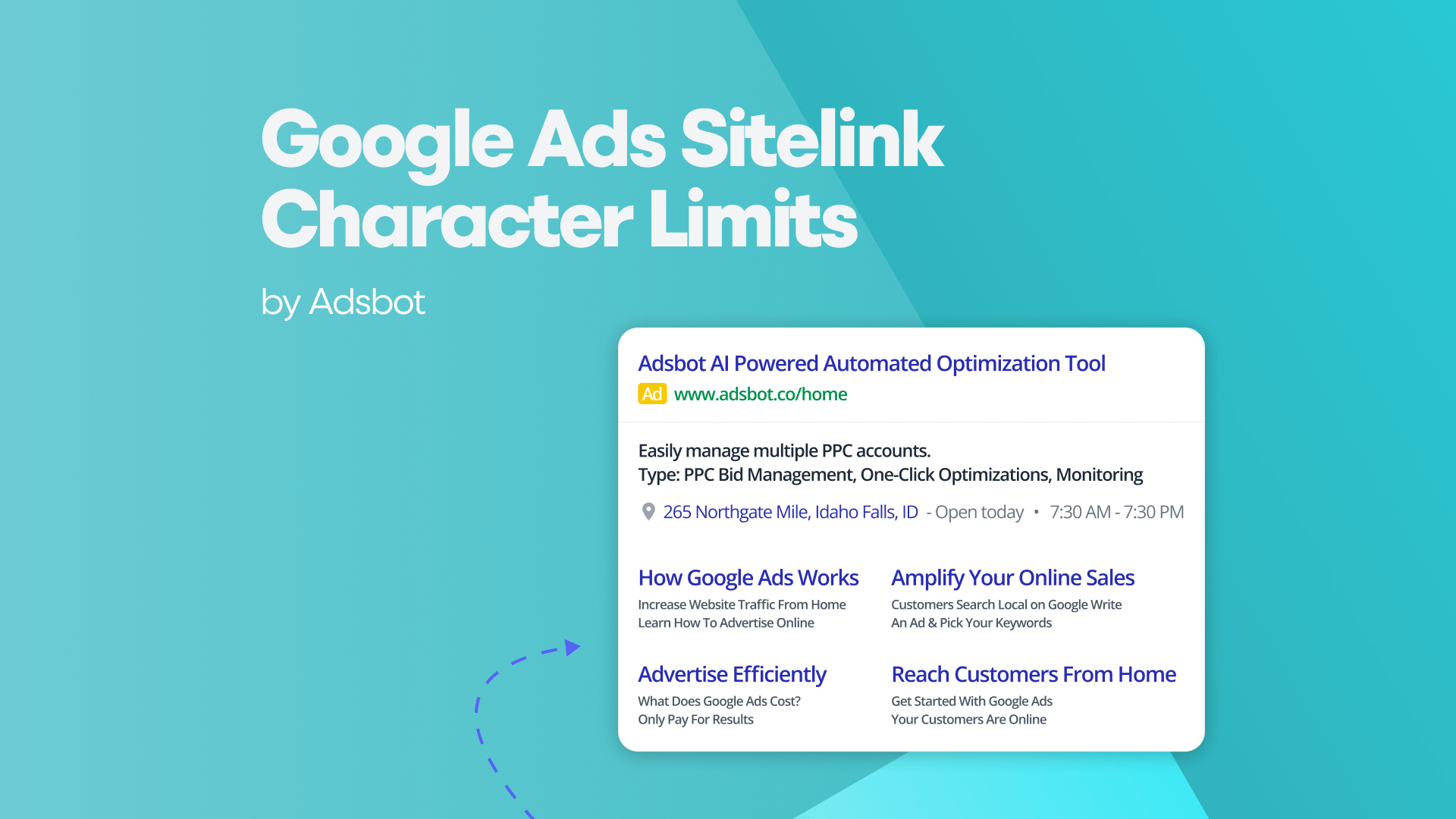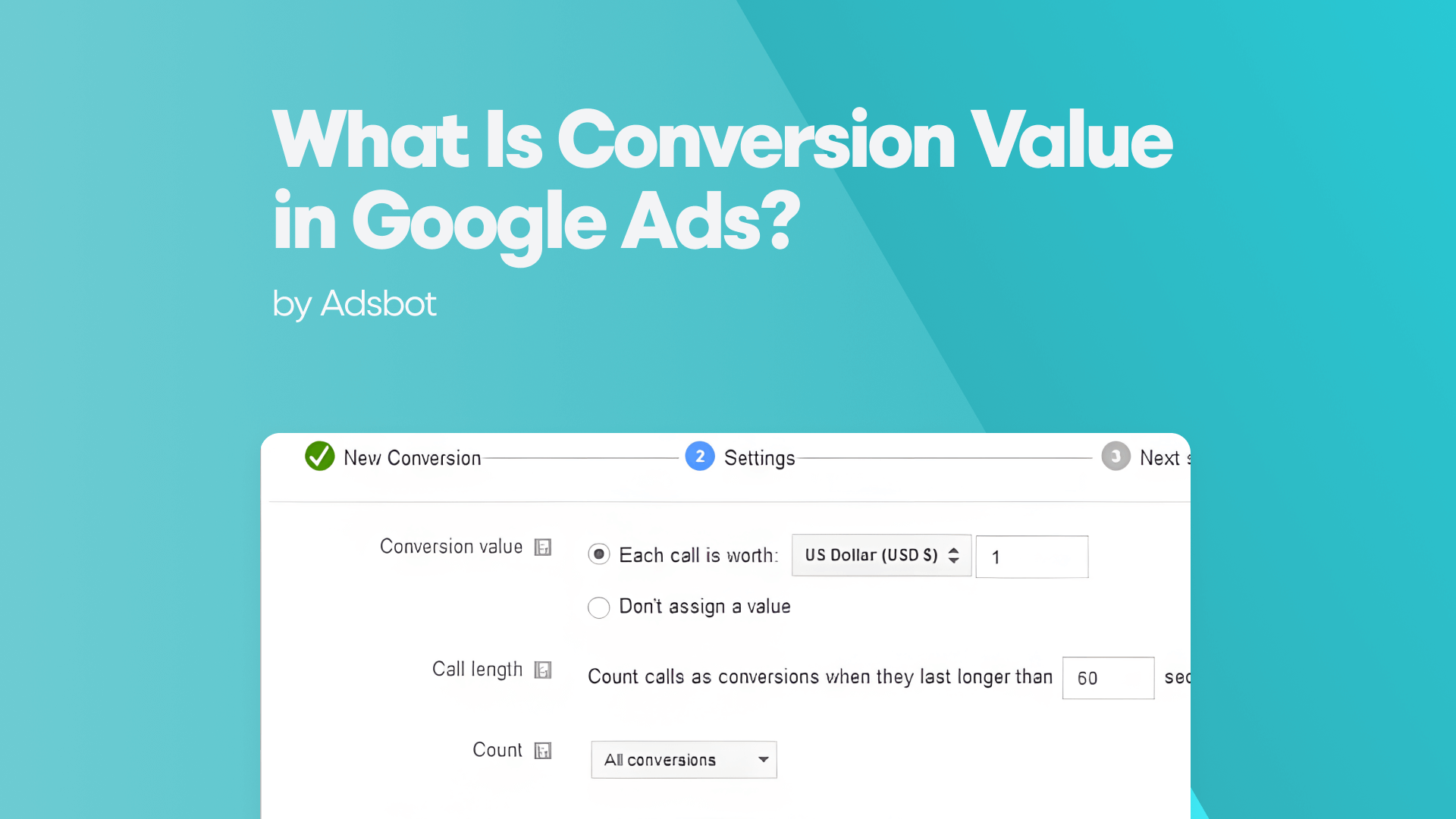As an online business owner, probably, you want to optimize your website’s content to have qualified traffic to your site. In this blog post, we will explore some tips and techniques for efficient keyword management in English language that can help you improve your website’s visibility and rank higher in search results.
If you are not native English speaker, it can be challenging to do keyword management in English. You can learn about keyword management which is an indispensable part of search engine optimization in this text.
Defining keyword management: what it is and why it matters
You need to make your content accessible to your target audience in order to boost website traffic and produce leads. You should conduct in-depth keyword research using long-tail and high-volume keywords in order to accomplish this.
Once you’ve done so, you should carefully classify them based on numerous aspects including relevance, competition, and search traffic. In order for search engines to recognize your material, you need incorporate these keywords into your meta description and content.
By monitoring your keyword performance and making any required revisions to your structure. You may improve the search engine position and conversion rates.
Creating a list of relevant topics for your business or website
Listing the themes that are pertinent to your business or website as the next step. It’s critical to pick subjects that may interest your target audience. Your keyword research will be leaded by these topics, which will also have an impact on the website content you create. You can try Adsbot to achieve tasks like this automatically.
The next stage is to filter your list of broad subjects into a list of focused keywords. Grounded on the search queries of your target audience, this entails investigating prospective keywords that are pertinent to your organization. In order to find high-volume, long-tail keywords, you may utilize a variety of keyword research tools.
Brainstorming potential keywords based on your target audience’s search queries
After you’ve compiled a list of pertinent subjects for your company or website, it’s necessary to come up with a list of suitable keywords based on the search terms used by your target market. This means placing yourself in the shoes of your audience and picturing the search phrases that they would use to find your goods or services. You may also get suggestions for long-tail keywords that are particular to your sector by using keyword research tools. It’s crucial to arrange and categorize your list of prospective keywords for simpler maintenance and analysis. Prioritizing keywords for a website’s content and metadata in order to achieve the best SEO results includes taking into account factors including relevancy, competitiveness, and search volume.
Using keyword research tools to identify high-volume, long-tail keywords
The significance of keyword management for a website or company was covered in the earlier sections, along with the steps involved in compiling a list of pertinent topics and brainstorming prospective keywords. It’s time to start employing keyword research tools to look for long-tail, high-volume phrases. These tools assist in determining the search phrases individuals use to look for goods or services, as well as the frequency of such searches and the amount of competition. Even if their search volume is modest, long-tail keywords, in particular, can deliver highly focused results for particular search intentions. It’s critical to classify and rank the keywords based on relevance, competitiveness, and search volume after they have been determined.
This method aids in directing the inclusion of keywords in website content and metadata for superior SEO. Effective keyword management also includes tracking keyword results, remaining current on term trends, and adapting to changes in search engine algorithms. Adsbot’s management tools can help you improve your campaign’s effectiveness. Try Adsbot Google Ads Automation Tool at zero cost for 15 days!
Organizing and categorizing keywords for easier management and analysis
Organizing and classifying them is the next stage in efficient keyword management after doing keyword research and coming up with viable keywords to use. This is an essential step since it makes it simpler to organize and analyze a big number of keywords. Classifying keywords according to significance and placing the highest-valued ones at the front is the first step in arranging keywords. Additionally, since they might have a detrimental effect on the SEO performance of your website, it is crucial to eliminate irrelevant and deceptive keywords right once. When you’ve determined which keywords are the most lucrative, you may build a dynamic keyword-to-URL map to increase website exposure. Additionally, a fantastic method for improved SEO outcomes is to align keywords in content that is customer-centric and value-driven.
It’s also crucial to regularly manage keyword lists that may be applied to different platforms. For the best SEO results, these keyword lists may be included to website content and metadata. They can also be utilized for PPC campaigns and niche advertising. Effective keyword management also involves keeping abreast of changes in search engine algorithms and term trends. You may improve the SEO performance of your website and beat out the competition by following these methods.
Prioritizing keywords based on relevance, competition, and search volume
It’s time to prioritize them for your website or company after making a list of suitable keywords and doing research to find high-volume and long-tail keywords. Relevance, competitiveness, and search volume are basic three criteria for this process. Relevance is about that your keywords are truly matched with the information on your website or in your business. Competition defines the degree of difficulty in ranking for a certain term in the search engine results pages.
Although the number of searches is significant, it’s equally necessary to find a balance between combining high-volume keywords that could be overly competitive and low-volume phrases that might only have just a couple of searches. You may start methodically integrating your keywords into the text and metadata of your website after prioritizing them for SEO. Remember that keeping track of keyword performance, keyword trends, and upgrades to search engine algorithms is a continuous process that demands regular attention.
Using keywords for PPC campaigns and targeted advertising
Choosing the right keywords to target is crucial for Pay-per-click (PPC) advertising success. The use of keyword research tools can help identify high-volume, long-tail keywords that are relevant to a website or company, as was mentioned in the sections above. These keywords may then be included into PPC advertisements to send particular users to a website. Ads may be tailored with keyword-rich headlines and descriptions, and landing pages can be made to match the keywords being targeted. A match type should be assigned to every keyword in order to establish how precise the targeting should be. PPC advertising has the potential to be a powerful tool for boosting traffic and revenue, but the best results need precise keyword control.
Staying up-to-date on keyword trends and changes in search engine algorithms
Current keyword trends and changes to search engine algorithms are necessary for effective keyword management. As search engines like Google continue to advance, businesses must adjust their keyword tactics. By regularly analyzing rankings and alerts, marketers can monitor the performance of their pages and adjust their strategies as appropriate. Additionally, by following industry news and using keyword research tools to uncover high-volume, long-tail keywords, marketers may spot emerging trends and opportunities. By balancing search traffic and competition, businesses may create a list of meaningful, high-performing short-tail keywords to target. Following the selection of keywords, their use in website content and metadata should be considered, and their efficacy should be monitored. You can try the Adsbot and decide whether it is good for you, free for 15 days!
Popular Posts
-
How Many Keywords Should Be In an Ad Group in Google Ads?
Ever wondered if your Google Ads campaigns are packed with…
Read more -
Google Ads Script for Dummies: An Introduction
Imagine you have an e-commerce website that sells licensed superhero…
Read more -
Google Ads Sitelink Character Limits
Your Google Ads are cutting off in the middle of…
Read more -
What Is Conversion Value in Google Ads?
What if you could put a price tag on every…
Read more
Register for our Free 14-day Trial now!
No credit card required, cancel anytime.





